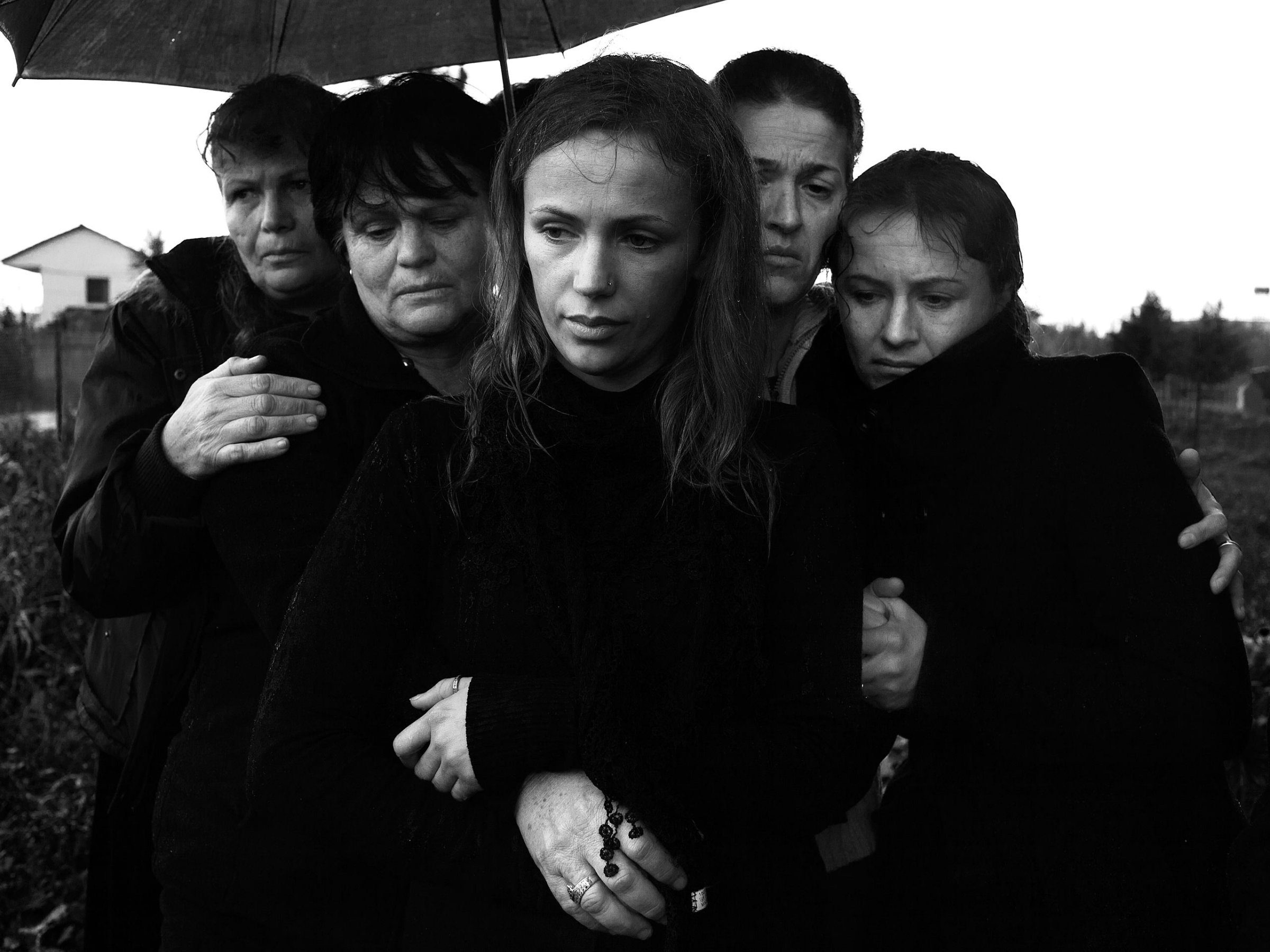
When Albanian photographer Enri Canaj returned to his native country, 10 years after he had left Albania for neighboring Greece, he couldn’t start photographing right away. He needed to reconnect with his past, the remote memories of his childhood in Tirana, with the culture and the people who were still living there. “I needed time to filter my past and all my feeling and confusion, time to go through my insecurity and fear [about] approaching all of this.” It took him several years to find himself again, to find his place in a country now both familiar and new.
As Canaj’s family left Albania in the immediate aftermath of the fall of the Communist Regime in 1991 and began a new life in Athens, they carried very little of their past with them. They sold most of their belongings and saved only some black-and-white pictures that were “everything I had from my country,” Canaj says. Still Albania was a strong presence in the little boy’s life, shaping his memory and imagination as he grew up. “Albania was always with me even when I was living in Athens during all these years… I had always the feeling that Albania and I were growing up together even if we were far from each other.” For Canaj, Albania was a treasure to preserve, “the old box that has inside so many old things but they are so important,” he says.
Despite or maybe because of his young age – Canaj was only 11 when he moved to Athens – he always shared a deep feeling of belonging that only grew stronger with the years. “Nostalgia, curiosity and the desire to see how things had changed in my homeland made me go there,” he says.
When he first returned to Tirana, reality and childhood’s fantasies started mixing together. As he kept going back, immersing himself in the country’s culture and starting taking photographs, his thoughts became clearer, he felt more comfortable, nurturing an intimate connection with the place and people. “Through my journey, through my work, I started to explore not only the places, but also myself… I start to find my Albania,” Canaj says. The result is Albania-A Homecoming, a six-year-long photo essay shot in black-and-white as the old photographs he had treasured for years.
Along with his wife Iva, who has often joined him on his travels, Canaj visited urban cities and isolated villages, touring the entire territory via local buses. To this day, Albania remains an isolated nation, with strong Balkan traditions. The country seems to be experiencing a lengthy transition as customary traditions blend with modern trends, Canaj notices. The fall of the Communist Regime has led to a partial restoration of the antique “law of the land,” or Kanun, an ancient code of behavior mainly practiced between the 15th and 20th centuries in the northern mountain territories. Some controversial and folkloristic rules, such as the one regarding the burrneshas, “sworn virgins” who vow a celibate life in order to gain the community’s acceptance as respected men, may partly explain the country’s seclusion. Canaj even explored some of the laws regulating honor, property and the spoken word in his photography project Kanoun. Meanwhile, bigger cities are assimilating western influences. “In Albania there are a lot of extremes, you can see them in every step you take,” Canaj says.
What has moved him most deeply is the strong sense of community he witnessed in his travels. “This is what I like the most from what I have seen there: no lonely people,” he claims. “I saw it everywhere: big families living together, three brothers and their families living in the same building, all the kids growing up together.” Relationships between neighbors are very strong in Albania, especially in small centres, and the slow rhythm of life allows residents to spend quality time together. “If someone has a problem, every one also has it. If someone is happy, every one is. This connection is very genuine,” Canaj explains. “If there is a wedding all the neighborhood is celebrating. If there is a funeral, people gather all together to share the pain, and not only for one day.”
“And for me, this is magical,” he says.
Enri Canaj is an Albanian photographer based in Athens, Greece. Canaj mostly covers stories in Greece and the Balkans.
Mikko Takkunen, who edited this photo essay, is an Associate Photo Editor at TIME. Follow him on Twitter @photojournalism.
Lucia De Stefani is a writer and contributor for TIME LightBox. Follow her on Twitter and Instagram.
Follow TIME LightBox on Facebook, Twitter and Instagram.
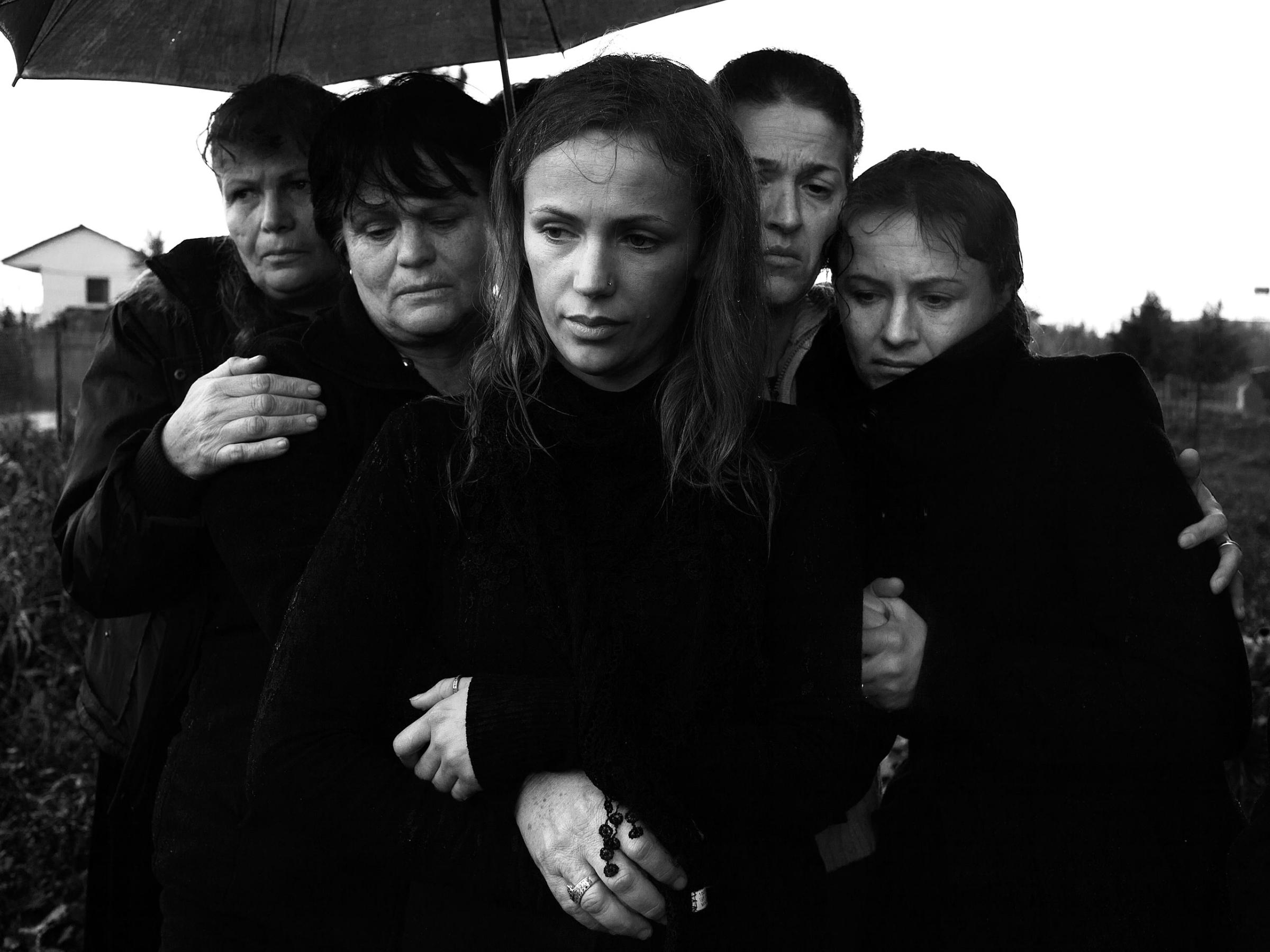
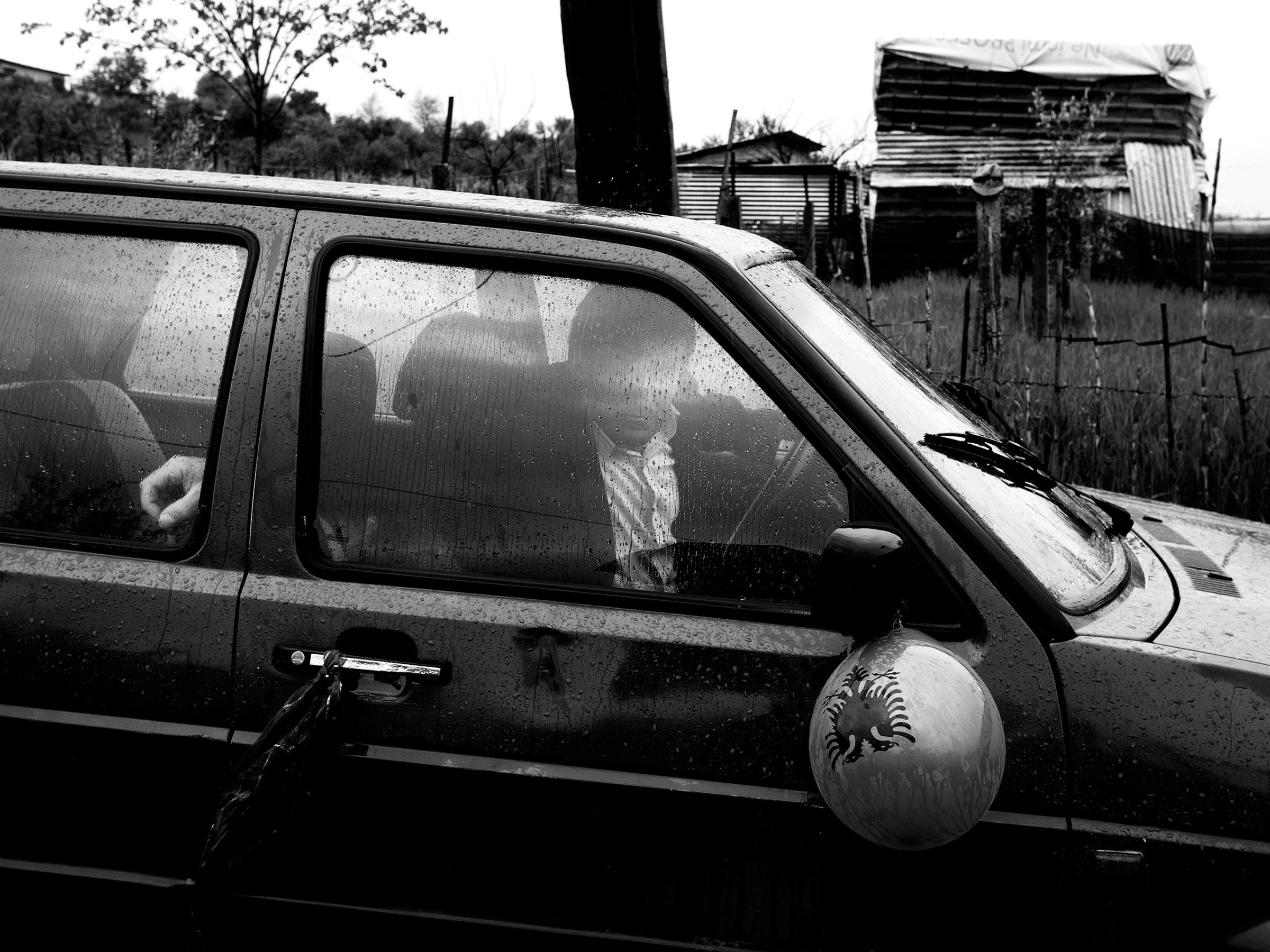
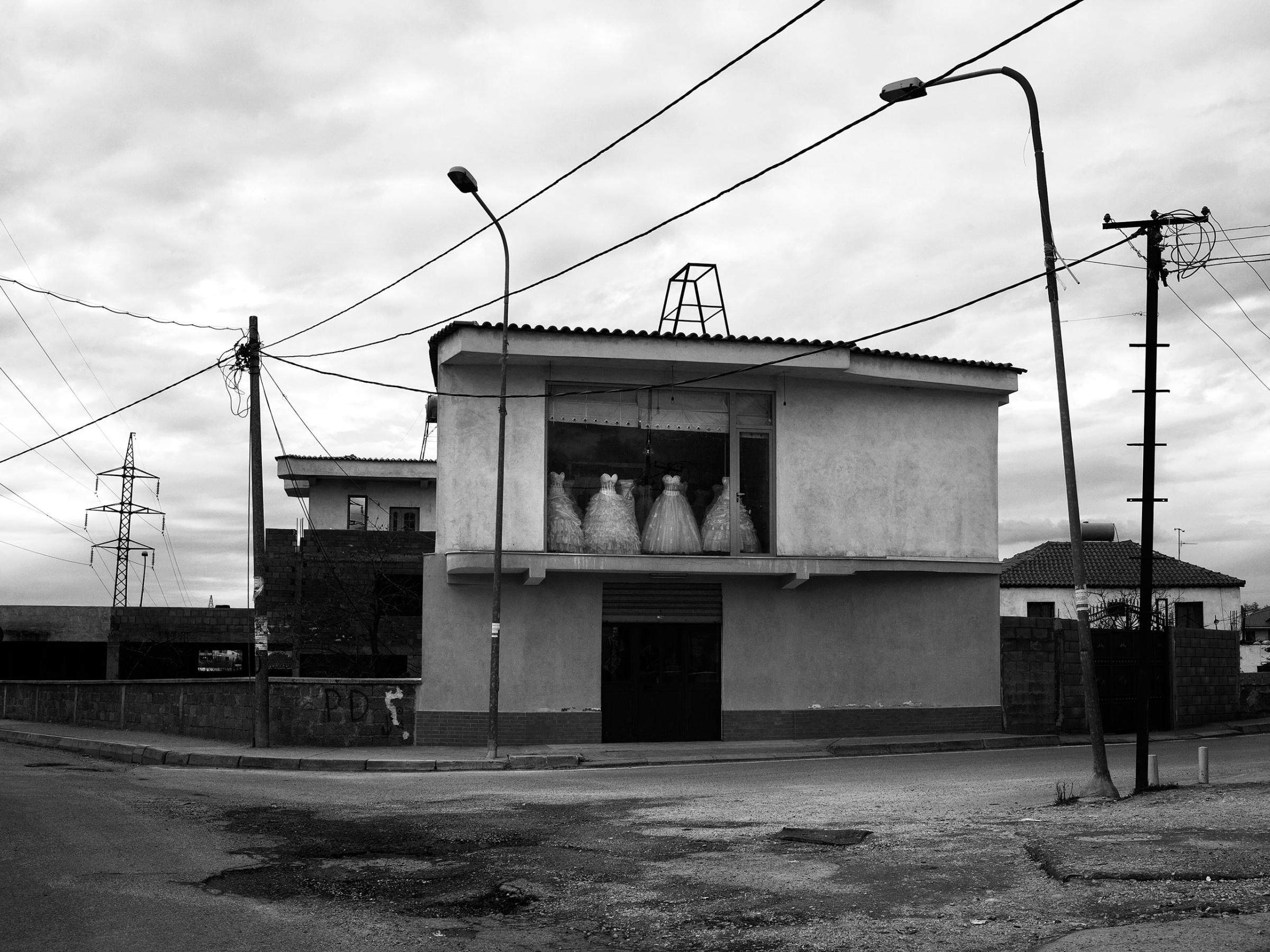
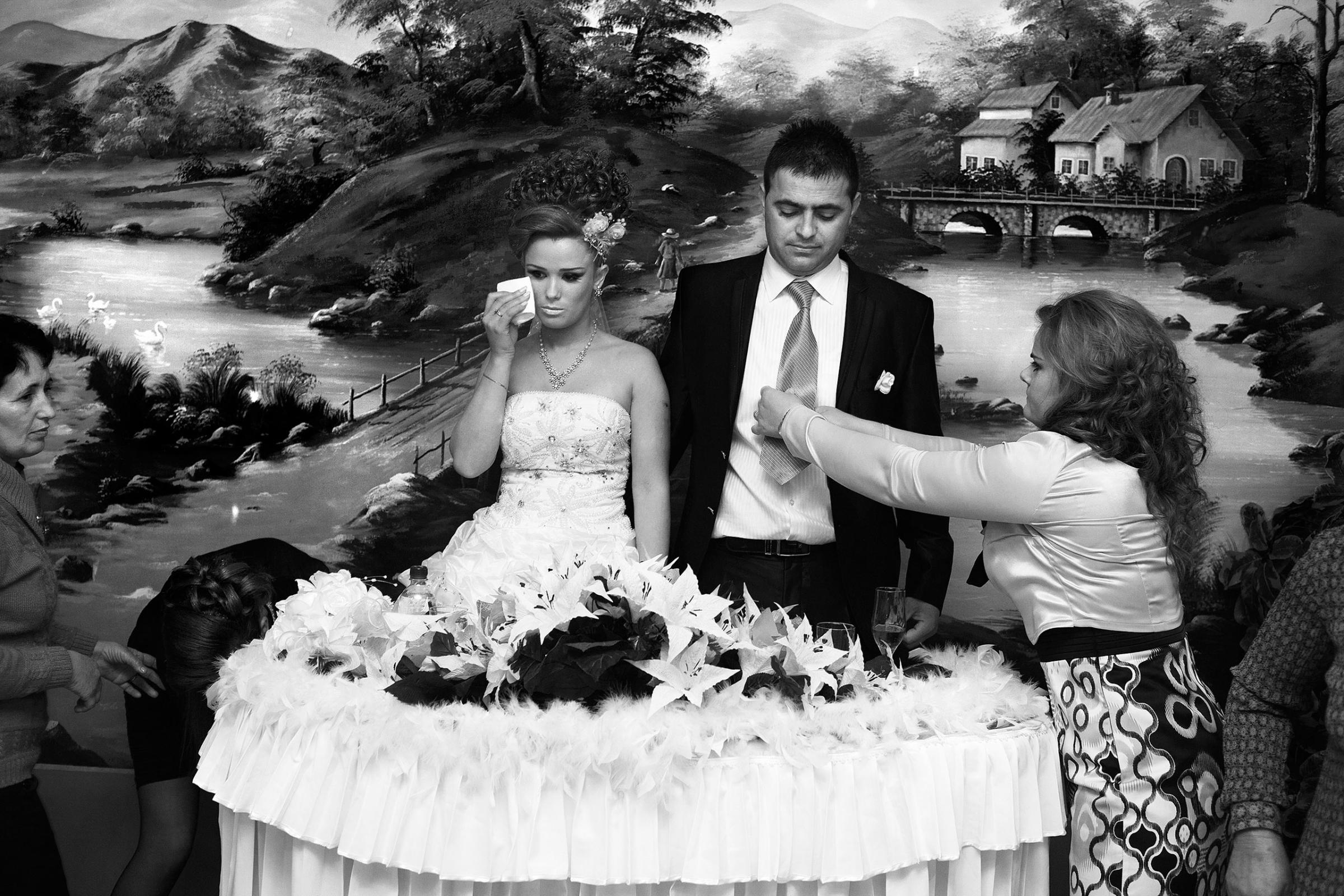
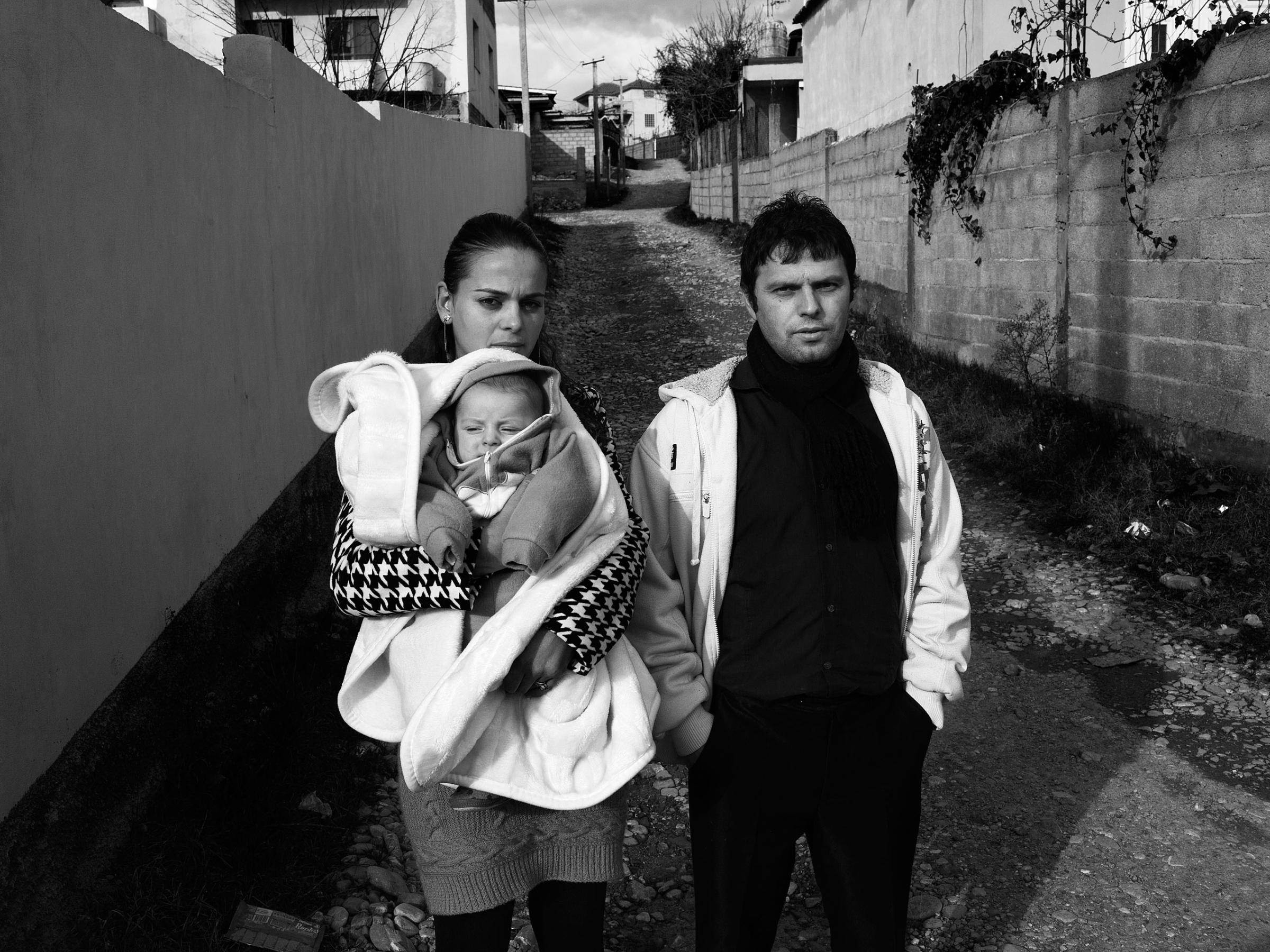
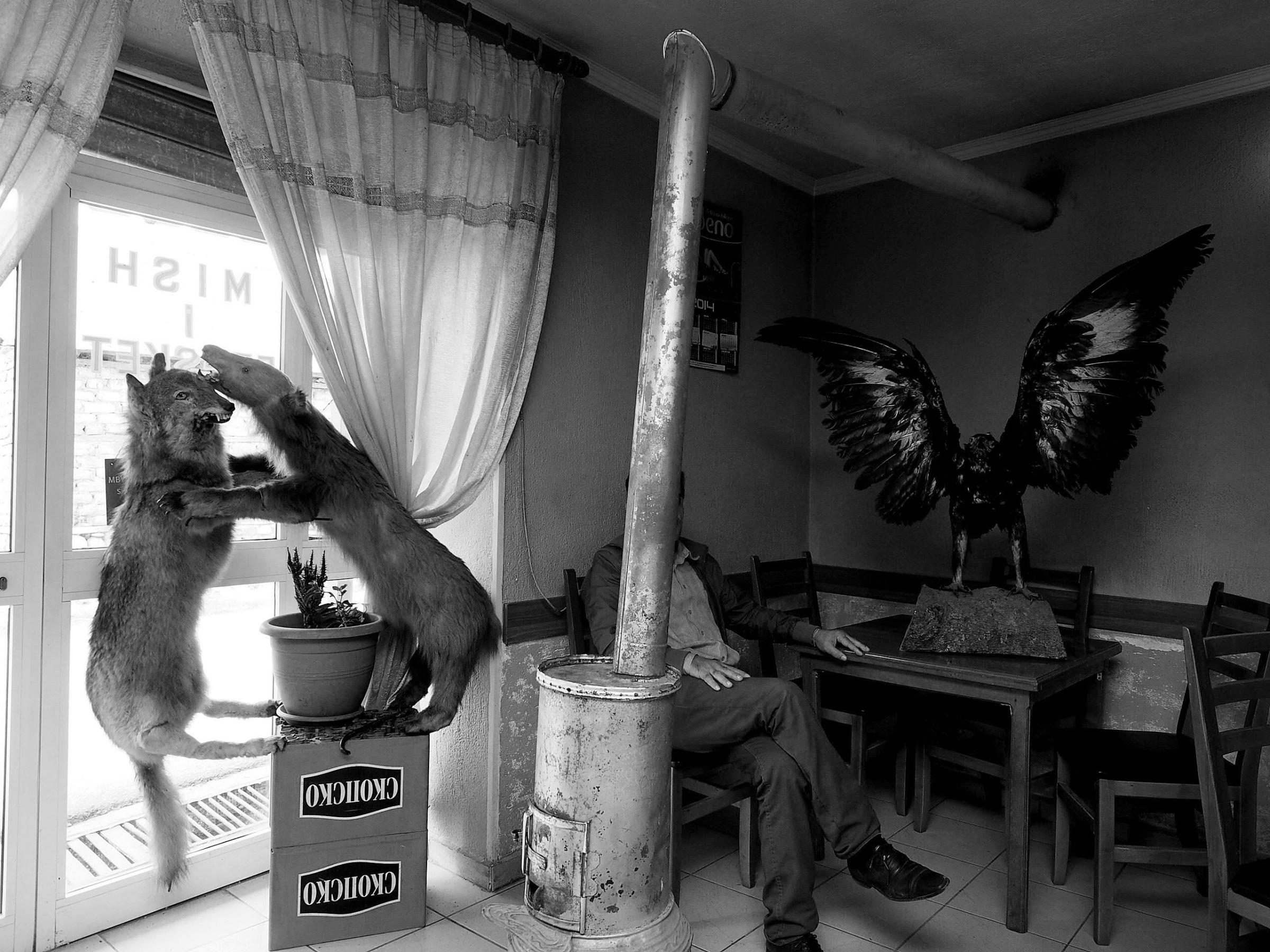
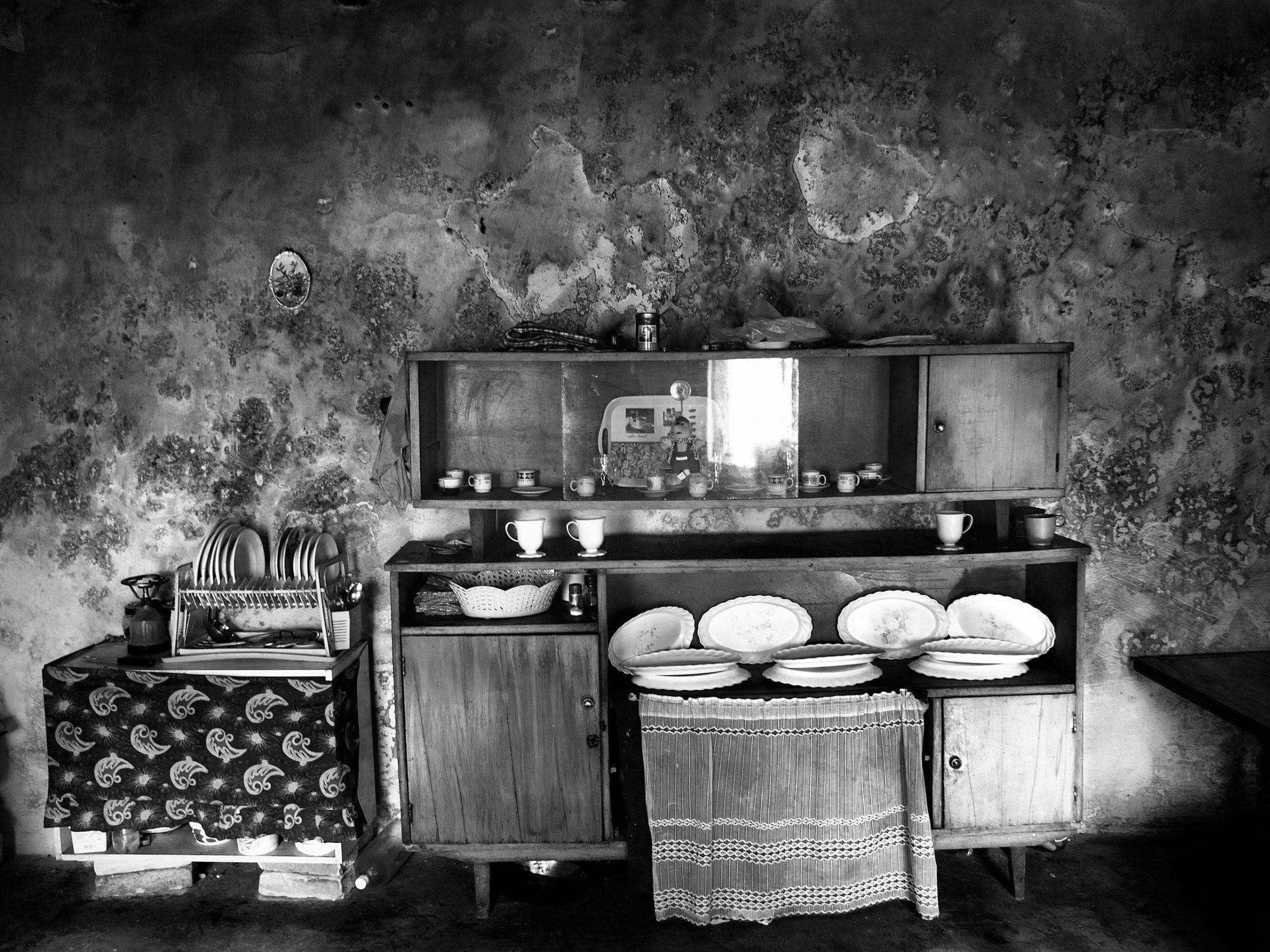
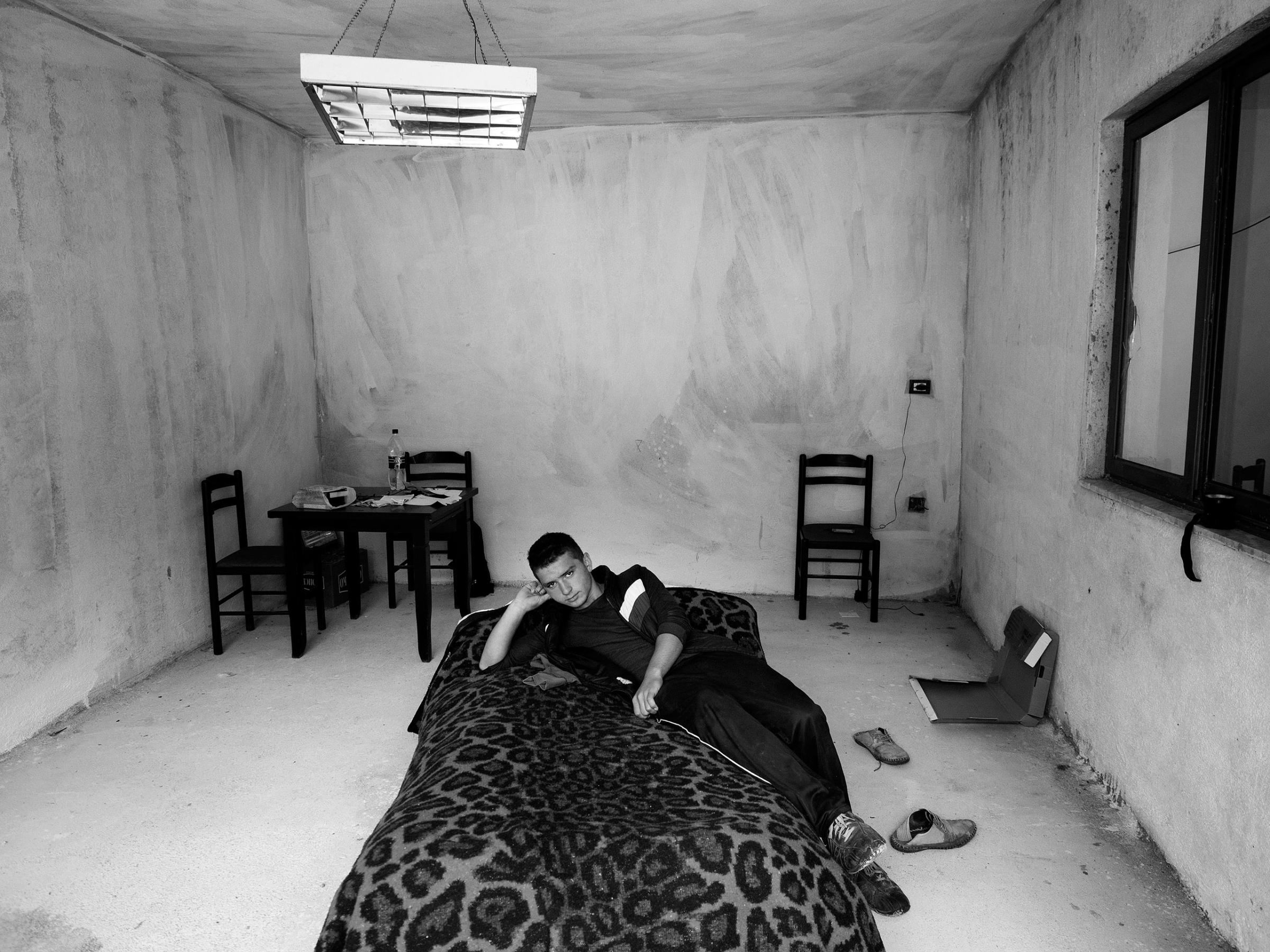
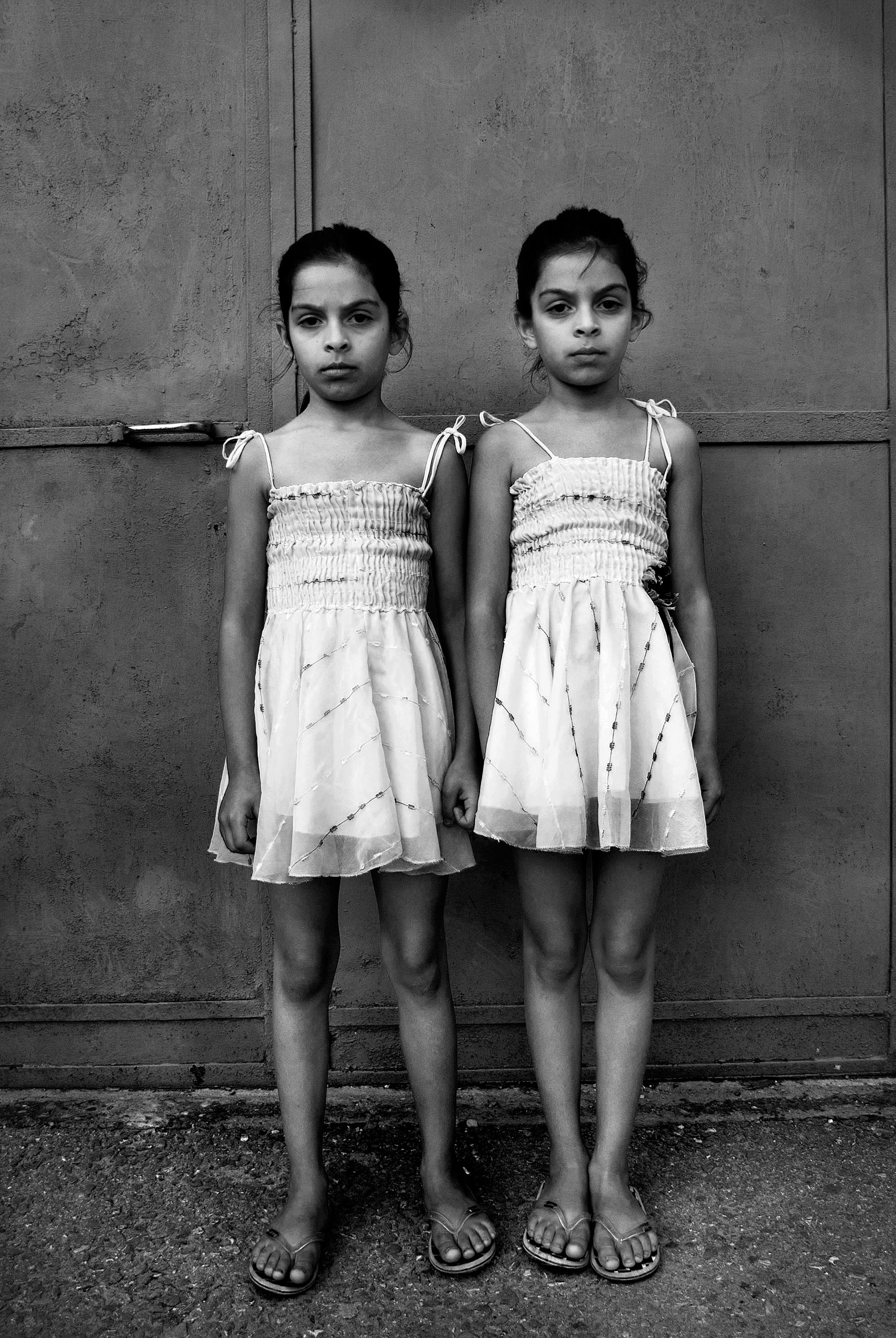
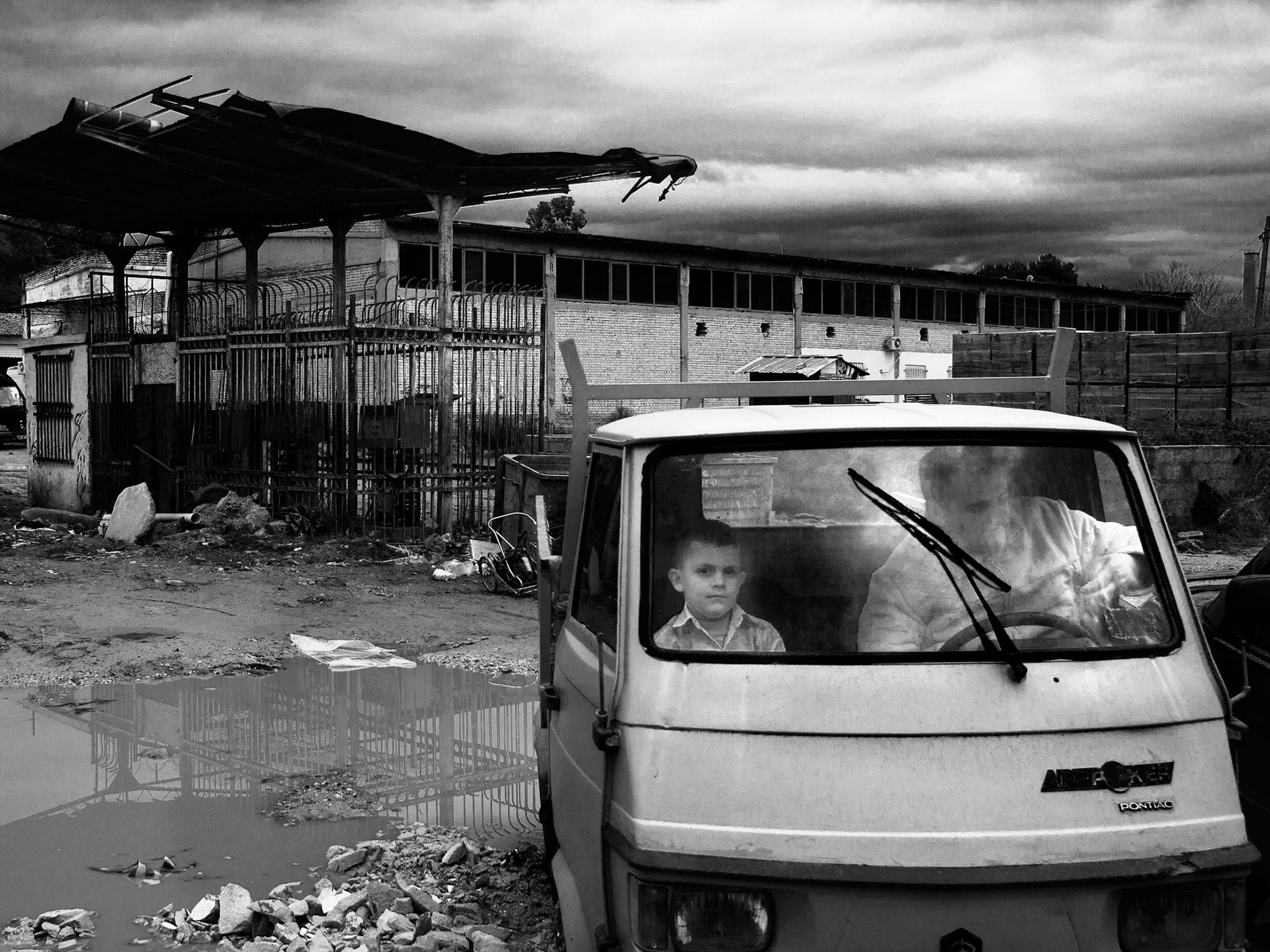
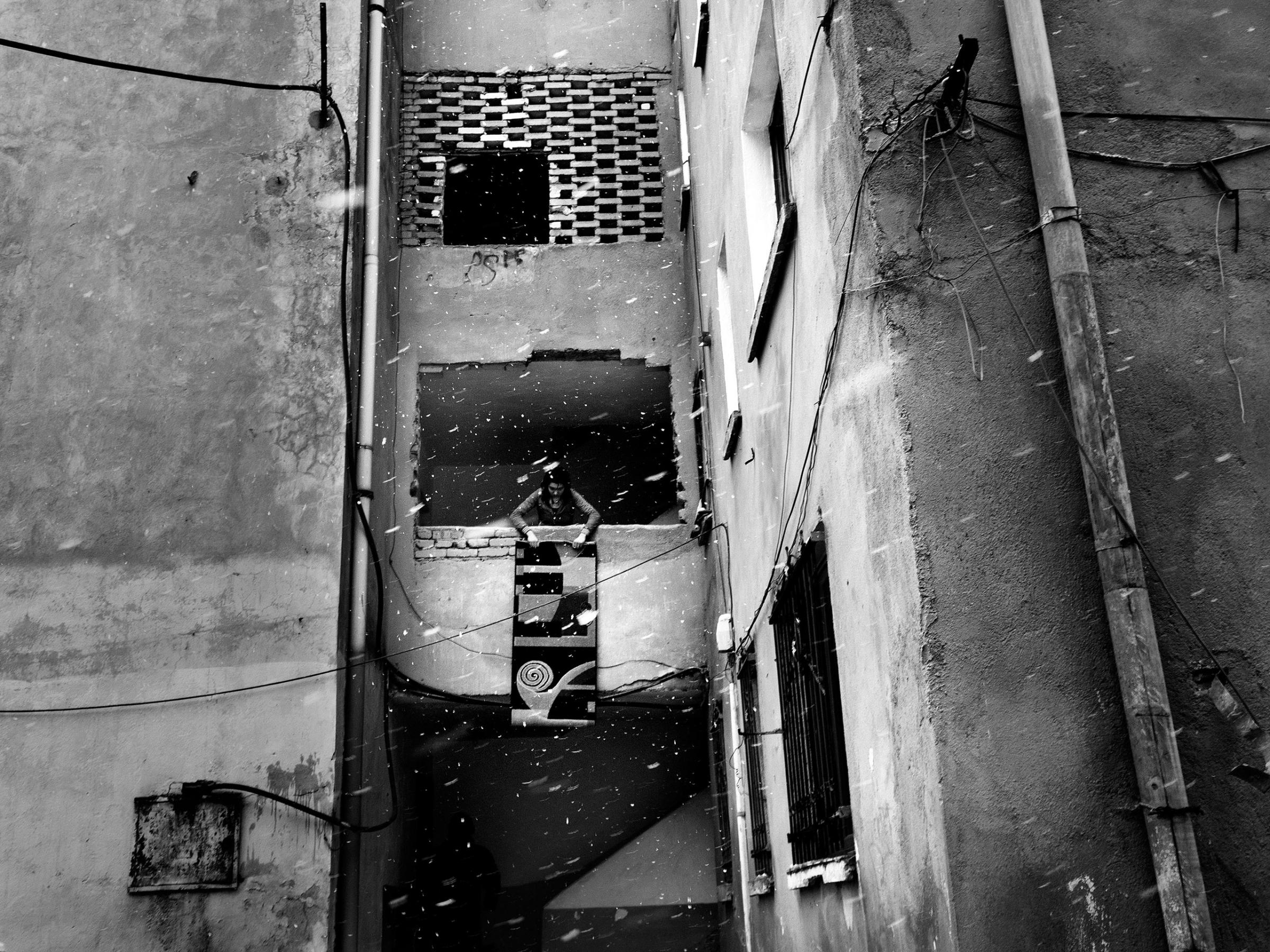
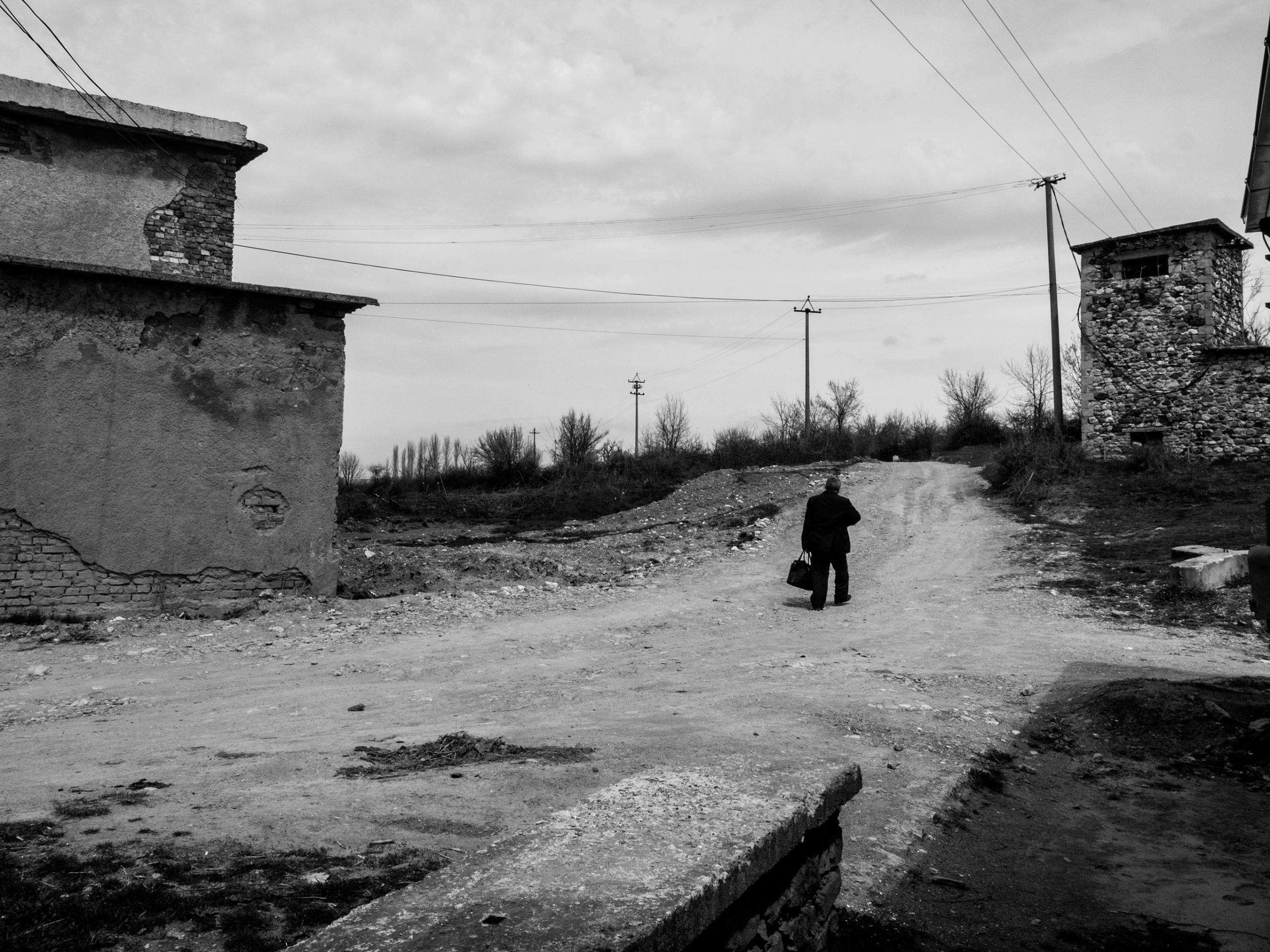
More Must-Reads from TIME
- Cybersecurity Experts Are Sounding the Alarm on DOGE
- Meet the 2025 Women of the Year
- The Harsh Truth About Disability Inclusion
- Why Do More Young Adults Have Cancer?
- Colman Domingo Leads With Radical Love
- How to Get Better at Doing Things Alone
- Michelle Zauner Stares Down the Darkness
Contact us at letters@time.com